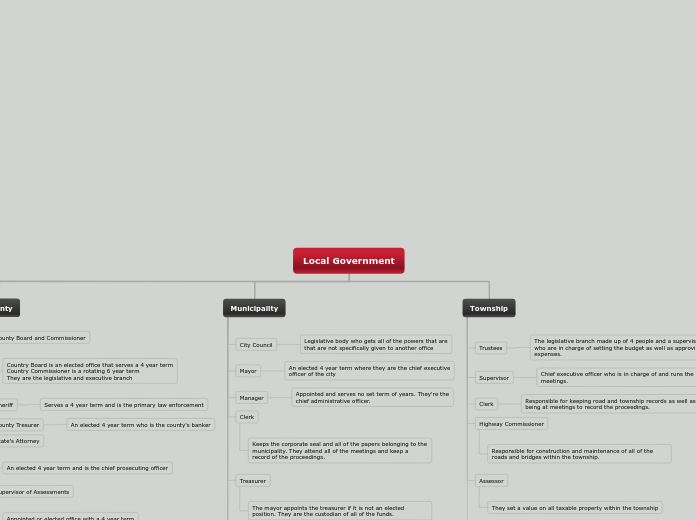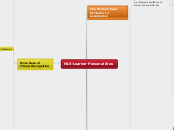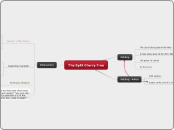door Jacob Wantland 10 jaren geleden
166
Local Government in Illinois
The text outlines the various roles and responsibilities within local governments at the township and county levels. In townships, positions include the Tax Collector, Assessor, Supervisor, Trustees, Highway Commissioner, and Clerk, each with specific duties such as tax collection, property valuation, legislative activities, infrastructure management, and record keeping.









